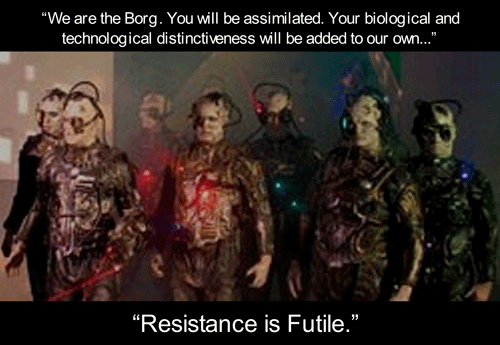I find it intriguing that, among other things, Creationism teaches that a more complex entity is necessary to create a less complex one (e.g., the "God-created-man" thesis), but that the more complex one (e.g., God) was not created.
That is religion. If creationism is along the lines of intelligent design then that's not the case. It's completely open for now. For example, we could create artificial intelligence and if programmed correctly where it becomes self aware and with limitless possibilities for learning and taking in information as well as the ability to repair and upgrade itself if the program was put into a robot or machine that allowed it to interact with the physical world as well it could far surpass us. Creationism/intelligent design doesn't have to involve religion and could be completely different than what every ancient writing says, but if the above case is similar to reality and there are fragments of truth in old writings, perhaps that is why the gods were afraid of man's potential and confused the languages.
If life always advances down the chain then could be we came from something inferior, providing there was intelligent design. Or whatever made us kept us inferior, limiting life span, etc. But with science progression, if we were made by other biological life and programmed with genetic code, then possibly scientists will find a way to change lifespan or to change coding so our bodies can keep repairing itself and live forever.
Your comment though is the barrier to even researching these possibilities. Take a statement of religious nature and imply that any sort of intelligent design can only apply to a religious teaching then there is no investigation into the possibility and we may forever be held back from advancing on a debate on how life originated here.
